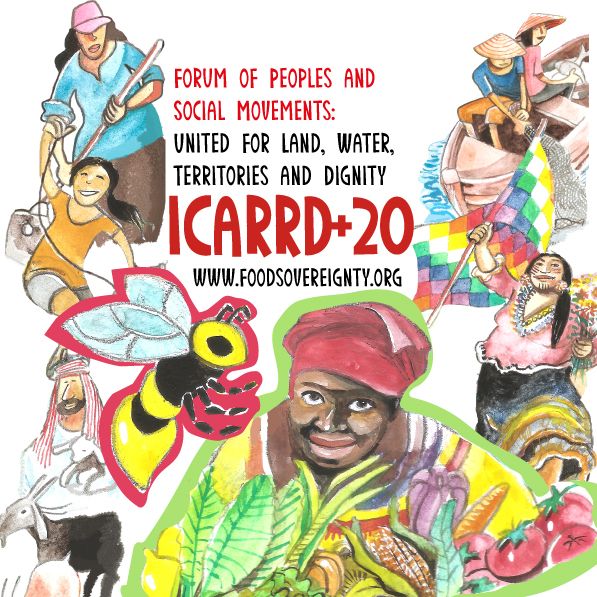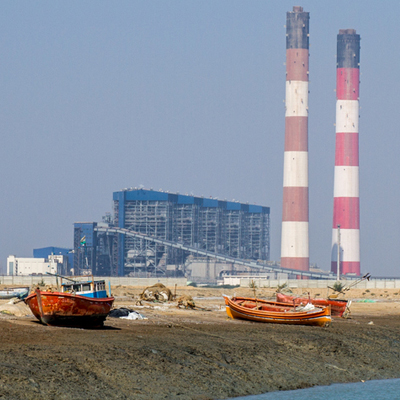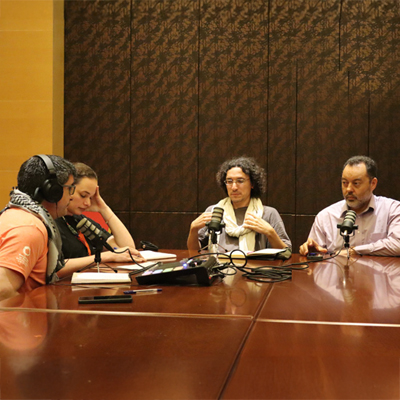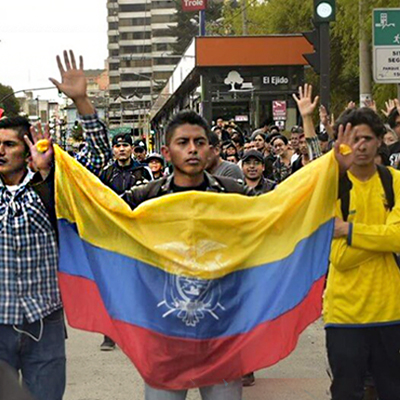Progress and concerns following latest round of UN negotiations on transnational corporations and human rights
Podcast featuring several activists who participated in the international talks
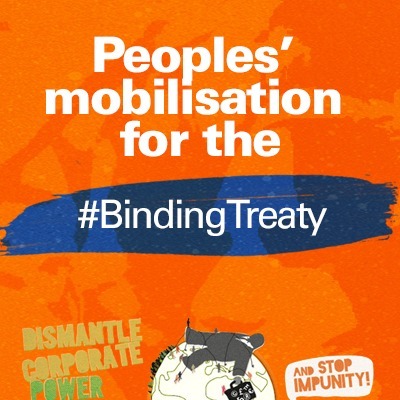
The United Nations (UN) negotiations for a Binding Treaty to regulate human rights violations perpetrated by transnational corporations and enable victims to access justice “have taken a qualitative leap forward,” declared the Global Campaign to Dismantle Corporate Power and Stop Impunity .
Following the seventh round of negotiations hosted by the UN Human Rights Council in Geneva from 25-29 October, the Global Campaign, which is fighting for the adoption of a Binding Treaty, announced in a press release that the new methodology adopted during this session – with the text of the Treaty projected on a screen and negotiated line by line – has made the process more transparent. In addition, it encouraged States to take a position on the concrete language used. 69 countries participated during the week.
The Global Campaign particularly welcomed the reintroduction and defence by some States of major content lost in the process, content that is indispensable to comply with the mandate of Resolution 26/9 of the UN Human Rights Council which marked the beginning of the current negotiations in 2014. The goal of that mandate, as the Campaign reiterated is, “to close the gaps in international human rights law that enable the impunity of transnational corporations.” The Global Campaign also noted, “The constructive participation of South Africa, Egypt, Palestine, Cameroon, Namibia, Panama and Cuba, among others.”
But of course, not everything is as perfect as it seems. The European Union’s – which hosts many of the transnational corporations that violate human rights worldwide – participation in the negotiations was once again very poor. The role of the US, which is also the country of origin of many transnational corporations, was disastrous as they tried to derail the negotiation process.
Social movements and organizations are also concerned about some aspects of the future of the negotiations that are unclear.
Real World Radio discussed all these issues with several representatives of social movements and organizations that are part of the Global Campaign to Dismantle Corporate Power and Stop Impunity, who have been involved in this process of the Binding Treaty negotiations from the beginning.
The podcast participants were: Brid Brennan, from the Transnational Institute of The Netherlands (TNI); Andressa Soares, of the Human Rights and Business Centre from Brazil (HOMA); Jill McArdle, from Friends of the Earth Europe; Erika Mendes, from JA! – Friends of the Earth Mozambique and Friends of the Earth Africa.



